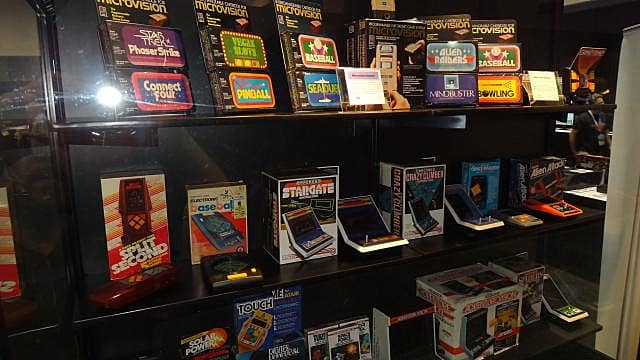Recently I came across this piece written by Patrick Scott Patterson for [email protected], in which he talks about the ways video game history has been represented and misrepresented over the years, and the importance of learning about it. He argues that it is “[o]nly by knowing this history can we truly know where the industry came from,” learning from the successes of the past as well as the mistakes. (After all, how can we avoid repeating the infamous industry crash of ‘83 if we don’t know what caused it in the first place?)
So, we have to educate ourselves - but how? Patterson recommends going back to old books and video game magazines. While I do think those are valuable resources, they’re also going to take much more time to read than the average gamer likely has - especially since many of us struggle to find time to even play games.
Books like The Ultimate History of Video Games offer a decent alternative, but they are also limited in scope. By necessity, they must discard some names and stories in order to create a central, coherent narrative of how the video game industry took shape.This limits our knowledge to the “big names,” leaving out all the other people who collaborated to bring every single game to life.
The National Videogame Museum, however, is working to collect a wide variety of firsthand stories from the people who made history. This will give the museum - and its visitors - the ability to look at video game history from multiple different angles, seeing how all the little stories weave together to make up the larger narrative. They may even be able to track down the early uncredited designers and programmers whose decisions helped make video games what they are today - in spite of the fact that some went unnamed even in magazines of the time, such as the group of Intellivision programmers referred to as the Blue Sky Rangers. The NVM will be able to fill in the gaps that those old books and magazines can’t.
This museum will give video game history a central place in our country where we can learn and spread this information until the basics of video game history become common knowledge. It will give future generations a place to learn and even be inspired to make games themselves. And it will give everyone a chance to play the games that made history.
More than anything, it will make history into an active, playable thing that everyone can enjoy.
